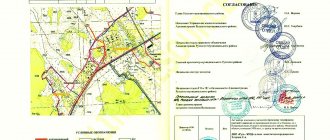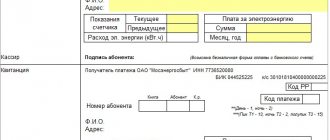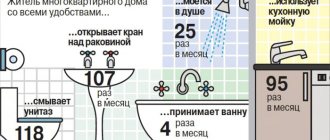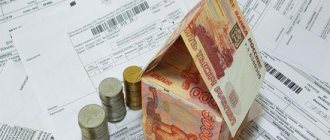MKD
Home / Real estate / Land / Categories of land / Agricultural land
Mosenergosbyt receipt form As mentioned above, the user receives the payment document by mail
Consumption standards in the city of Moscow for housing and communal services Also in the capital, separate standards are applied
The legislation does not specify specific terms for replacing water meters. But it mentions situations where
In what cases are subsidies for housing and communal services canceled and why are they not paid? Main
Home/Utilities/Increase in housing and communal services tariffs from July 1, 2021 Payment for housing and communal services - direct
Sample application for housing mold on the walls in an apartment Mold, this is one of the varieties
Minutes of the general meeting of the HOA. However, if one of the apartment owners does not agree with certain
Ional news of the Moscow region The bank account number and personal account of the bank client are not the same
The concept of housing and communal services For a normal existence, a person, among other things, needs housing. It doesn't matter, it will





